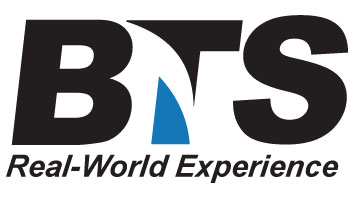| Hands-On OSP Design, Engineering and Planning (Copper/Fiber) |
 |
Basic electricity
· AC, DC voltage, current and power
· Series and parallel circuits
· Resistance, capacitance, inductance
Basic Telephony
· History
· Local loop
· Demark and NID
· Voice telephony
· Analog/digital
Outside Plant-
· Outside plant- general
· Components
· Fiber optics
· Special circuits
Outside Plant Systems
· General design
· Network design
· Support structures- aerial, buried, underground
· Feeder design
· Cable information
· Transmission
· Electrical Protection- bonding/grounding
· Cable Placing
· Aerial design
· A C Power influences
· Clearances
Outside Plant Design
· Distribution
· Cable counts
Fundamental Planning- Field design
· CO and Node placement
· Cabinet placement
· Feeder/Distribution cable placement in field
· Residential subdivision design
· Drop design
Copper Design exercises
· Various densities are designed using copper cables by students
OSP Fiber Design
· -General engineering information
· -FTTH Design options
· -FTTH Design options comparison
· -Take rate impact on design
· -Density impact on design
· -Other Design consideration
-FTTH Design steps
-FTTH Design exercises
-Various densities are designed using fiber cables by students